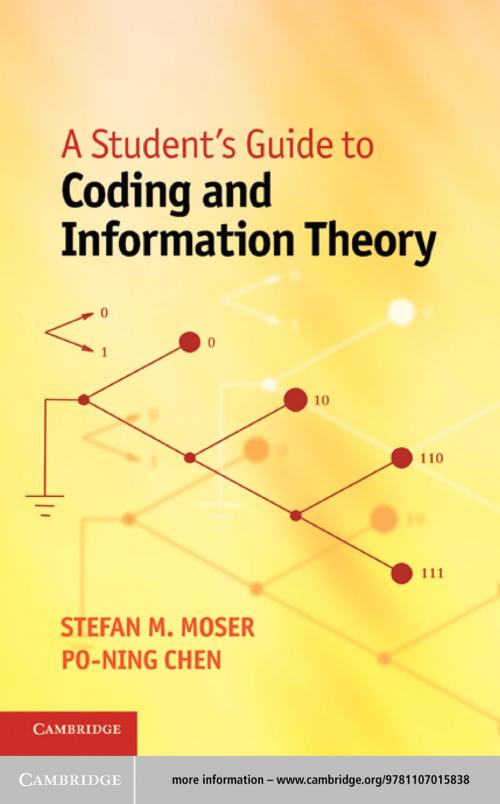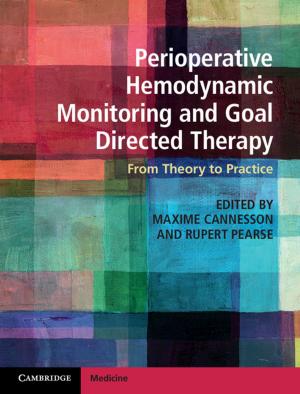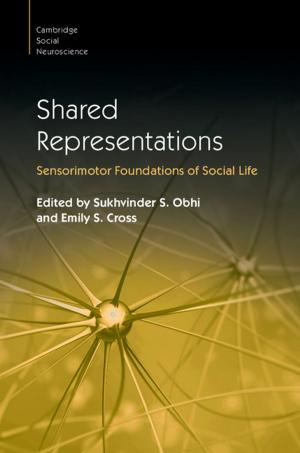A Student's Guide to Coding and Information Theory
Nonfiction, Science & Nature, Technology, Electronics, Engineering| Author: | Stefan M. Moser, Po-Ning Chen | ISBN: | 9781107086807 |
| Publisher: | Cambridge University Press | Publication: | January 26, 2012 |
| Imprint: | Cambridge University Press | Language: | English |
| Author: | Stefan M. Moser, Po-Ning Chen |
| ISBN: | 9781107086807 |
| Publisher: | Cambridge University Press |
| Publication: | January 26, 2012 |
| Imprint: | Cambridge University Press |
| Language: | English |
This easy-to-read guide provides a concise introduction to the engineering background of modern communication systems, from mobile phones to data compression and storage. Background mathematics and specific engineering techniques are kept to a minimum so that only a basic knowledge of high-school mathematics is needed to understand the material covered. The authors begin with many practical applications in coding, including the repetition code, the Hamming code and the Huffman code. They then explain the corresponding information theory, from entropy and mutual information to channel capacity and the information transmission theorem. Finally, they provide insights into the connections between coding theory and other fields. Many worked examples are given throughout the book, using practical applications to illustrate theoretical definitions. Exercises are also included, enabling readers to double-check what they have learned and gain glimpses into more advanced topics, making this perfect for anyone who needs a quick introduction to the subject.
This easy-to-read guide provides a concise introduction to the engineering background of modern communication systems, from mobile phones to data compression and storage. Background mathematics and specific engineering techniques are kept to a minimum so that only a basic knowledge of high-school mathematics is needed to understand the material covered. The authors begin with many practical applications in coding, including the repetition code, the Hamming code and the Huffman code. They then explain the corresponding information theory, from entropy and mutual information to channel capacity and the information transmission theorem. Finally, they provide insights into the connections between coding theory and other fields. Many worked examples are given throughout the book, using practical applications to illustrate theoretical definitions. Exercises are also included, enabling readers to double-check what they have learned and gain glimpses into more advanced topics, making this perfect for anyone who needs a quick introduction to the subject.















